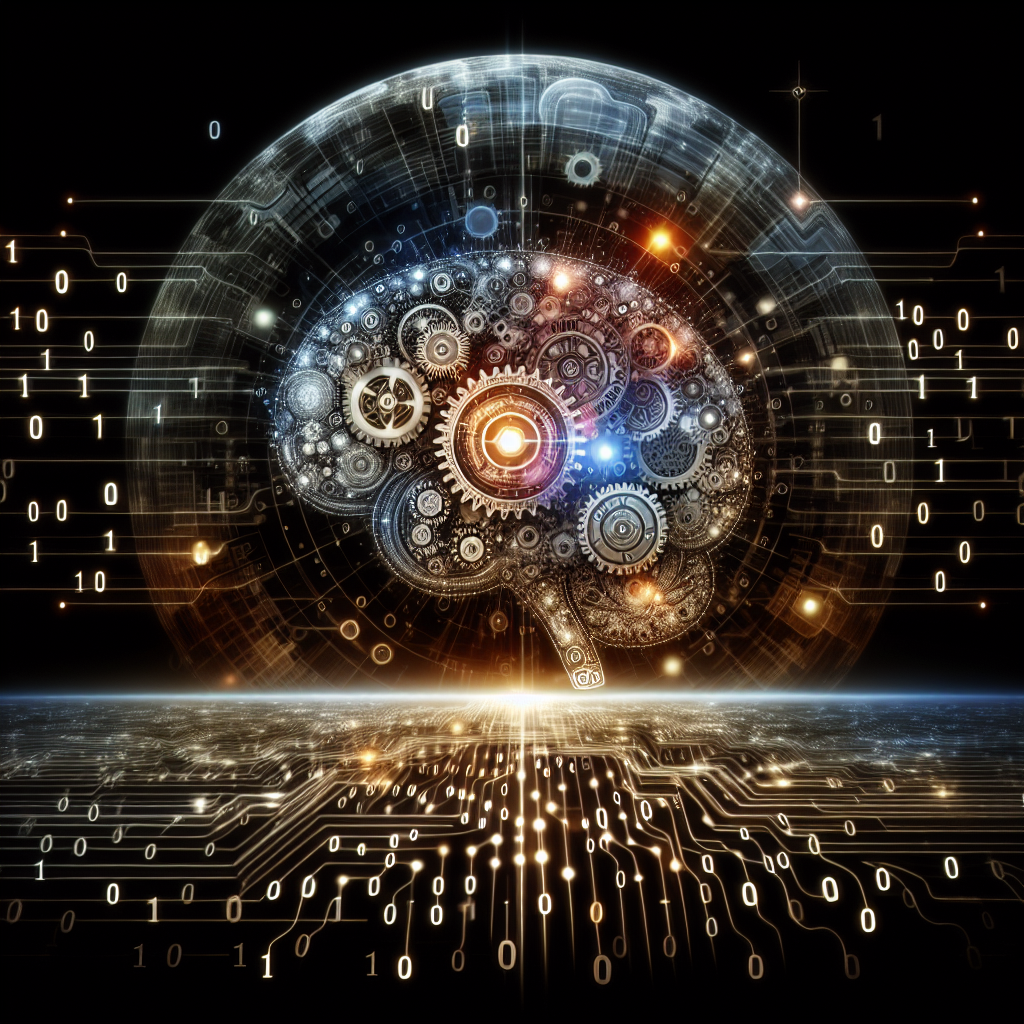In recent years, artificial intelligence (AI) has become an integral part of social media algorithms, shaping the way content is curated and delivered to users. From personalized recommendations to targeted advertising, AI plays a significant role in optimizing user experience and engagement on popular platforms like Facebook, Instagram, and Twitter. However, as AI continues to evolve, it raises important questions about privacy, bias, and the ethical implications of algorithmic decision-making. In this article, we will explore the impact of AI on social media algorithms, its benefits, challenges, and what it means for the future of online communication.
Understanding AI in Social Media Algorithms
AI-powered algorithms in social media platforms use machine learning and data analytics to analyze user behavior, preferences, and interactions. By collecting massive amounts of data, algorithms can predict user preferences, recommend relevant content, and personalize the user experience. For example, when you scroll through your Facebook feed, the platform uses AI to show you posts from friends, pages, and groups that are likely to interest you based on your past interactions and interests.
AI also plays a crucial role in content moderation, identifying and removing harmful or inappropriate content such as hate speech, misinformation, and graphic violence. Platforms like YouTube and Twitter use AI algorithms to detect and flag potentially harmful content, allowing moderators to review and take necessary action. This helps maintain a safe and healthy online environment for users while reducing the burden on human moderators.
Another key application of AI in social media is targeted advertising. Platforms use AI algorithms to analyze user data and behavior to deliver personalized ads that are relevant to individual users. This not only benefits advertisers by reaching a more targeted audience but also enhances the user experience by showing ads that are more likely to be of interest.
Benefits of AI in Social Media Algorithms
There are several benefits of incorporating AI into social media algorithms, including:
1. Personalized User Experience: AI algorithms can analyze user behavior and preferences to deliver personalized content and recommendations, enhancing user engagement and satisfaction.
2. Improved Content Moderation: AI-powered algorithms can quickly detect and remove harmful or inappropriate content, creating a safer online environment for users.
3. Targeted Advertising: AI algorithms can target ads based on user data and behavior, improving the effectiveness of advertising campaigns and increasing revenue for platforms.
4. Enhanced User Engagement: By delivering relevant content and recommendations, AI algorithms can increase user engagement and retention on social media platforms.
Challenges of AI in Social Media Algorithms
Despite the benefits, AI in social media algorithms also presents several challenges, including:
1. Privacy Concerns: AI algorithms collect and analyze massive amounts of user data, raising concerns about privacy and data protection. Users may feel uncomfortable with the level of data collection and personalized targeting by algorithms.
2. Bias and Discrimination: AI algorithms can perpetuate bias and discrimination based on factors like race, gender, and socio-economic status. Biased algorithms may inadvertently promote harmful stereotypes or exclude marginalized groups from accessing certain content.
3. Algorithmic Transparency: The inner workings of AI algorithms are often complex and opaque, making it difficult for users to understand how their data is being used and how content is being curated. Lack of transparency can lead to distrust and skepticism among users.
4. Ethical Implications: AI algorithms raise ethical questions about the impact of automated decision-making on society. Issues like censorship, manipulation, and the spread of misinformation highlight the need for ethical guidelines and regulations to govern AI in social media.
Future Implications of AI in Social Media Algorithms
As AI continues to advance, its impact on social media algorithms will only grow stronger. New technologies like natural language processing (NLP) and computer vision will enable more sophisticated content analysis and recommendation systems. AI-powered chatbots and virtual assistants will enhance customer service and engagement on social media platforms.
However, as AI becomes more pervasive in online communication, it is essential to address the ethical and societal implications of algorithmic decision-making. Platforms must prioritize transparency, accountability, and fairness in their AI algorithms to build trust with users and mitigate potential harm. Regulatory frameworks and industry standards will play a crucial role in ensuring that AI in social media algorithms benefits society while minimizing risks and negative impacts.
FAQs
Q: How does AI personalize content on social media platforms?
A: AI algorithms analyze user behavior, preferences, and interactions to deliver personalized content and recommendations based on individual interests.
Q: Can AI algorithms detect and remove harmful content on social media?
A: Yes, AI-powered algorithms can identify and flag harmful or inappropriate content such as hate speech, misinformation, and graphic violence for moderation.
Q: Are AI algorithms biased?
A: AI algorithms can exhibit bias based on factors like race, gender, and socio-economic status. It is essential for platforms to address bias and discrimination in algorithmic decision-making.
Q: How can users protect their privacy on social media platforms?
A: Users can protect their privacy by reviewing and adjusting their privacy settings, limiting the data they share, and being cautious about the information they disclose online.
Q: What are the ethical implications of AI in social media algorithms?
A: AI algorithms raise ethical questions about censorship, manipulation, and the spread of misinformation. Platforms must adhere to ethical guidelines and regulations to ensure responsible AI use.
In conclusion, AI has a profound impact on social media algorithms, shaping the way content is curated, personalized, and delivered to users. While AI offers numerous benefits such as personalized user experience, improved content moderation, and targeted advertising, it also presents challenges like privacy concerns, bias, and ethical implications. As AI continues to evolve, it is crucial for platforms to prioritize transparency, accountability, and fairness in their algorithmic decision-making to build trust with users and promote a safe and inclusive online environment. By understanding the implications of AI in social media algorithms and addressing key issues, we can harness the power of AI to enhance online communication while safeguarding the rights and well-being of users.

